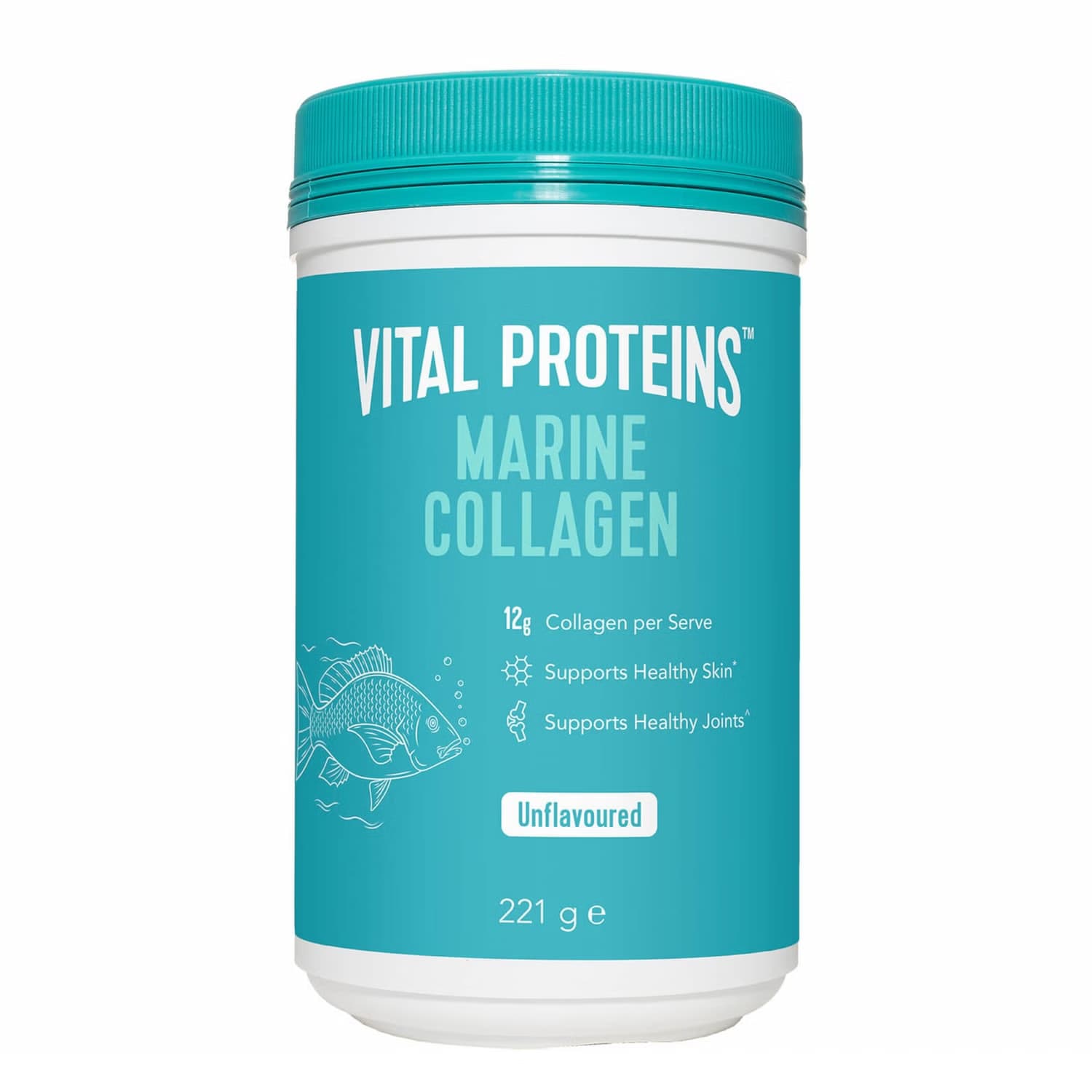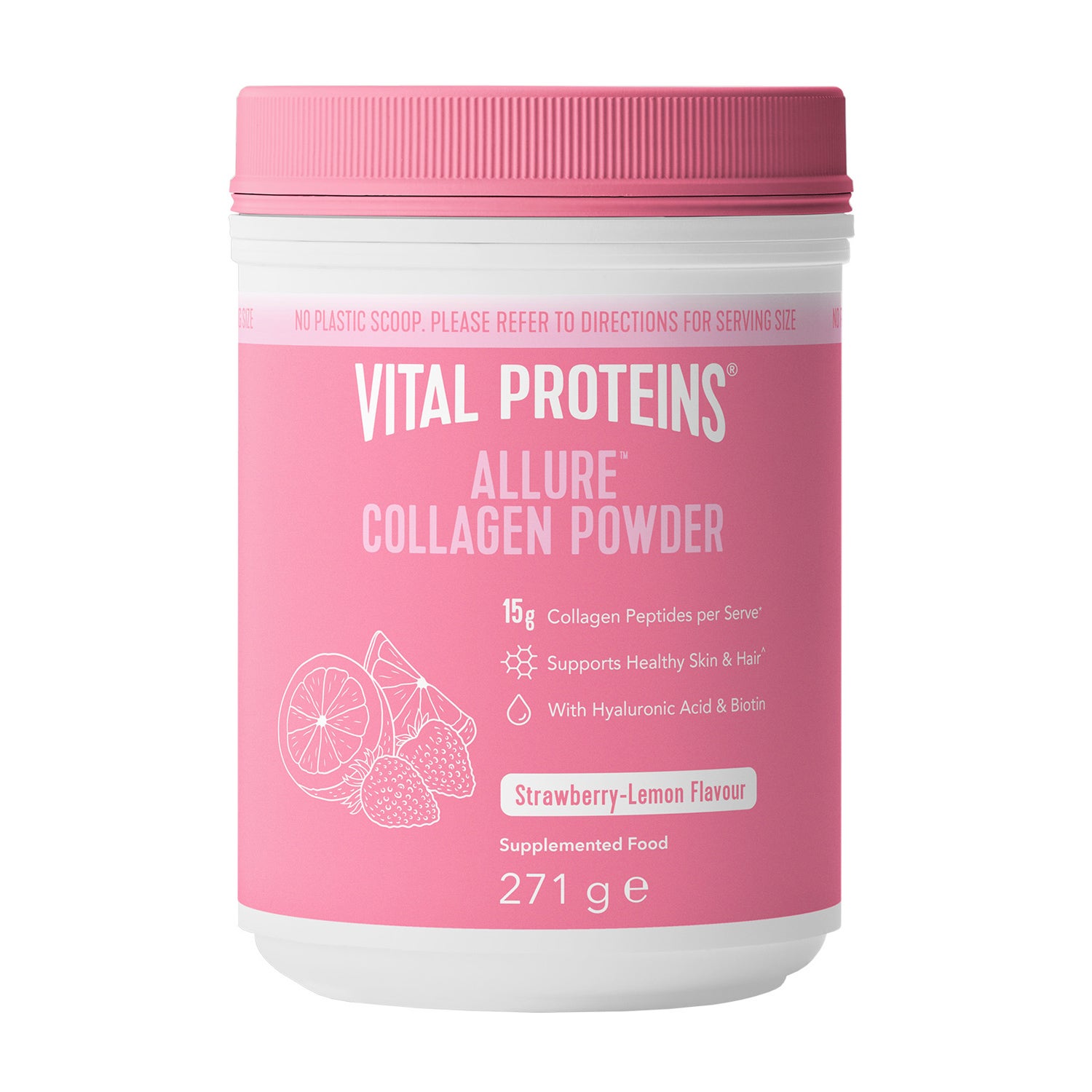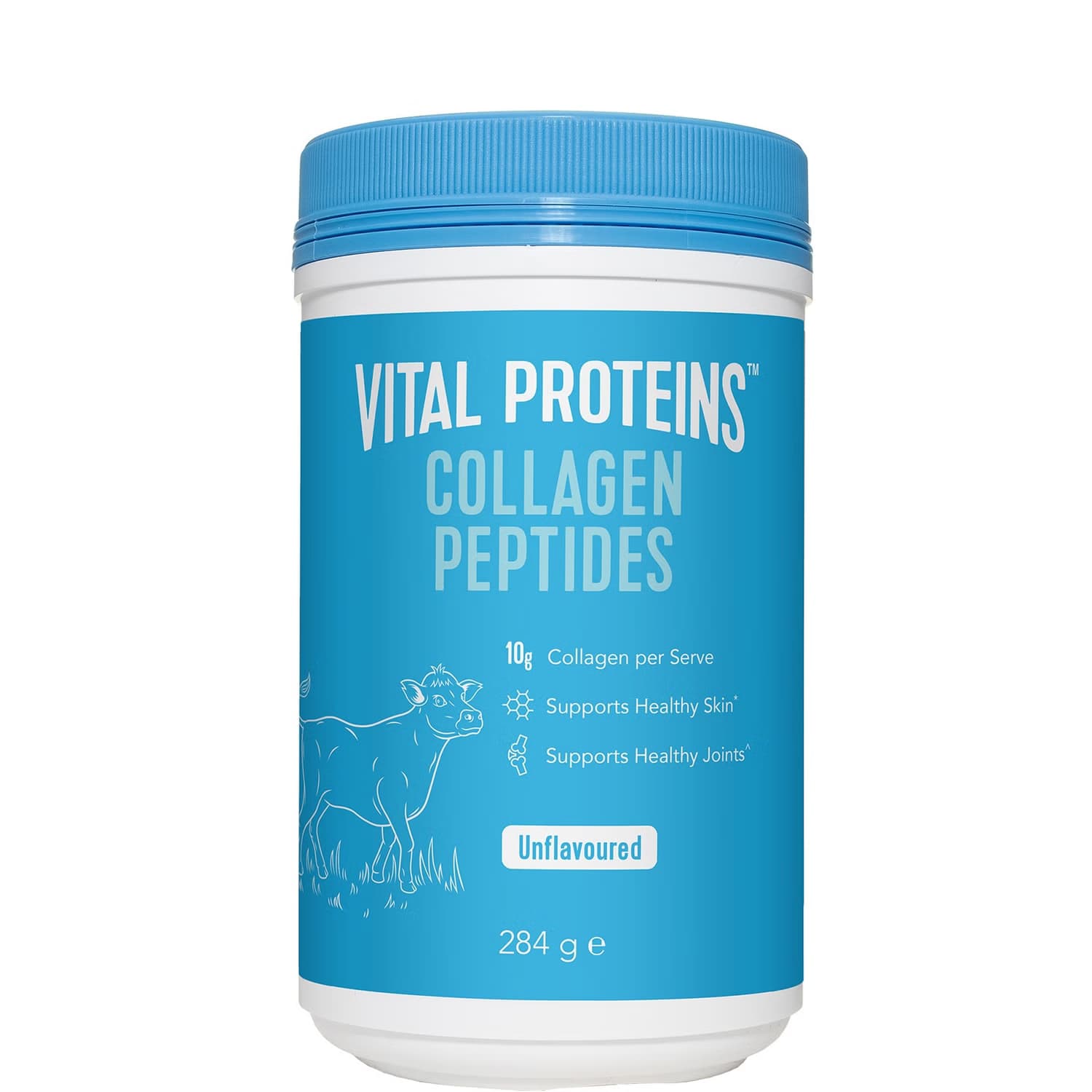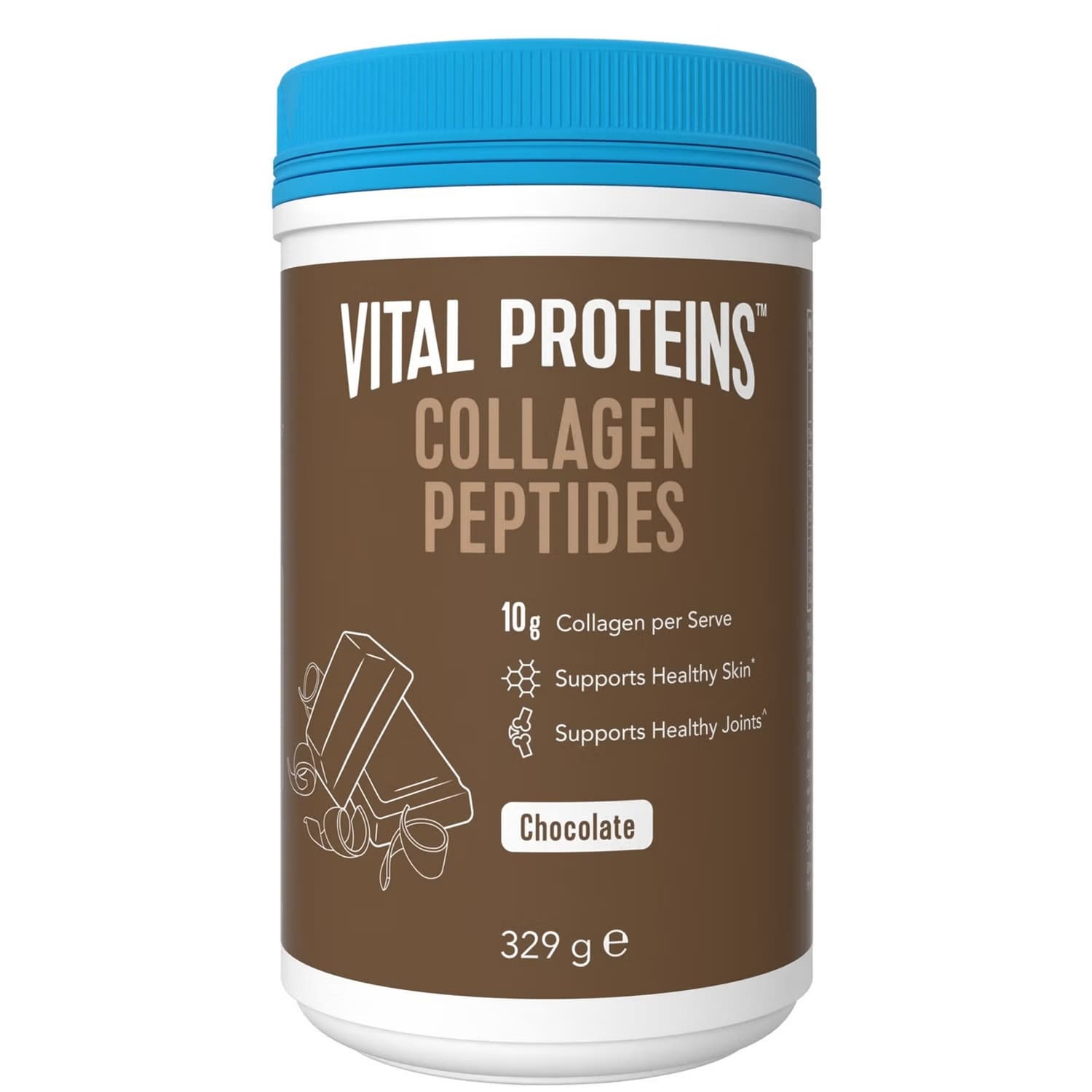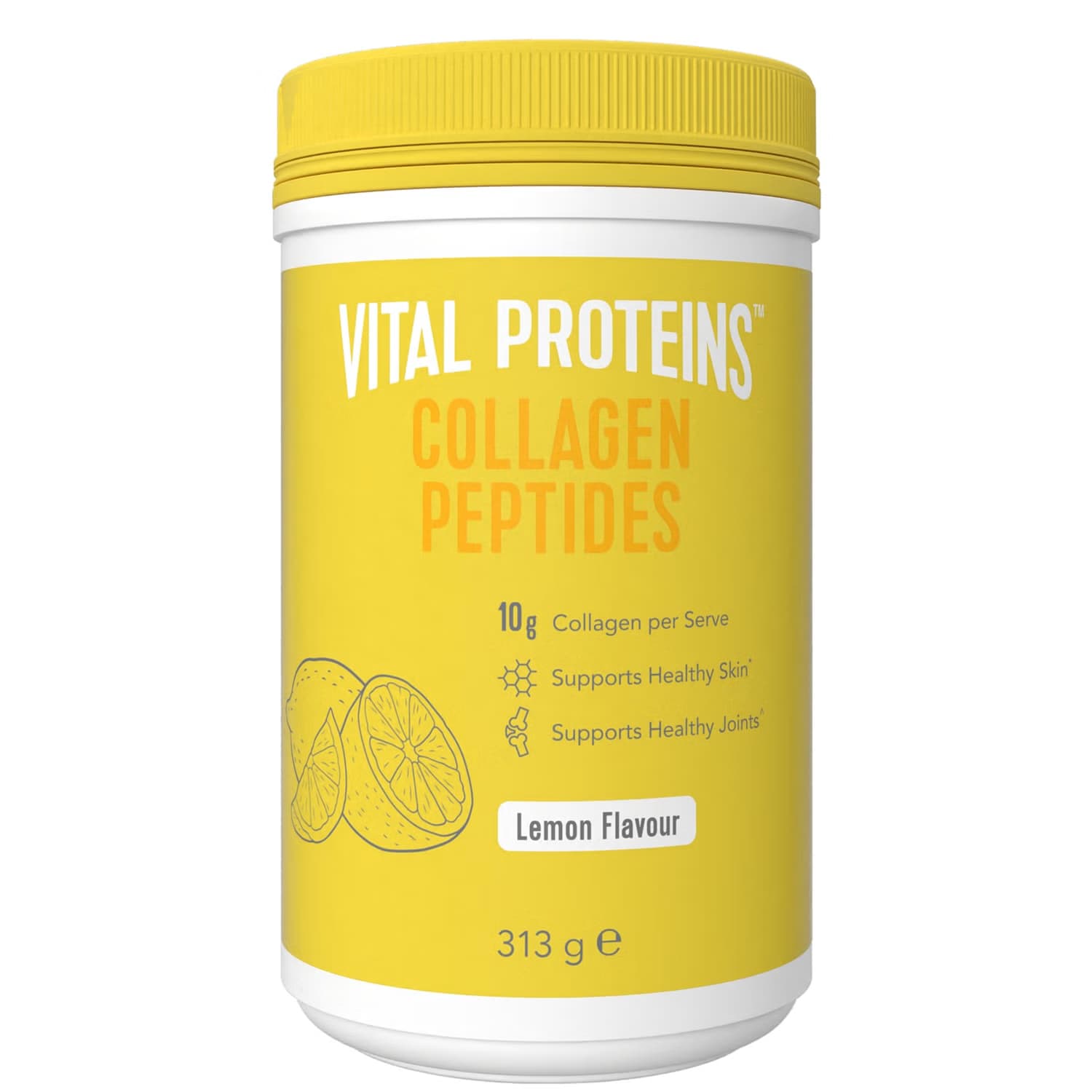
Protein Powder vs. Collagen Peptides
Protein powders and collagen peptides are two widely used nutritional supplements, each serving distinct purposes in supporting a healthy lifestyle. Protein powders are often derived from sources such as whey or milk protein, and more recently from plant proteins too like soy and pea, , providing a variety of amino acids that may be associated with muscle recovery and tissue repair. These supplements are commonly utilised by individuals engaged in physical activities and those with specific dietary needs, offering a convenient way to help meet nutritional requirements. Protein powders are versatile and can be used in various ways, such as in smoothies, shakes, or baked goods, making them a practical option for those looking to boost their protein intake. Some proteins are also rich in branched-chain amino acids (BCAAs), which are often linked to energy metabolism and muscle maintenance. While protein supplements can be beneficial, they are best used as a complement to a balanced diet rich in whole foods.
In contrast, collagen is an important protein that supports healthy skin, bones and joints, naturally sourced from animal and marine bones and skin, it has traditionally been prepared and consumed as a bone broth soup subject to prolonged heat and acid (like vinegar). Modern nutritional supplements typically consist of collagen in the form of peptides – a process that requires enzymatic hydrolysis which essentially breaks down collagen to collagen peptides. Clinical evidence has shown to demonstrate the benefits of consuming collagen peptides on skin , joint and muscle health. Therefore, as natural collagen production may decrease with age, some individuals choose to incorporate collagen peptides into their diets to help support skin elasticity and overall health.
The main differences between protein powders and collagen peptides lie in their nutritional compositions and intended applications. Protein powders provide a broader array of essential amino acids, while collagen peptides focus on specific amino acids that may support connective tissue health.
Incorporating both protein powder and collagen peptides into daily routines can be straightforward. Adding a scoop to morning beverages or post-workout shakes may boost nutritional intake without requiring significant changes to eating habits. Consistency and ease of use are key factors in integrating these nutritional supplements into a wellness regimen.
In summary, protein powders and collagen peptides serve different roles in nutritional strategies. Protein powders may assist in meeting overall protein needs, helping preserve and even increase lean muscle mass, while collagen peptides are often associated with supporting general muscle health, skin and joint health.
Curious about the difference between Collagen Peptides & Marine collagen? Read more in this handy article.
